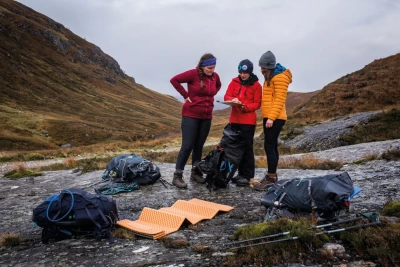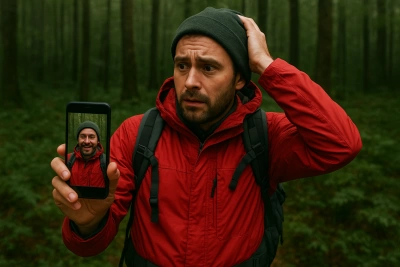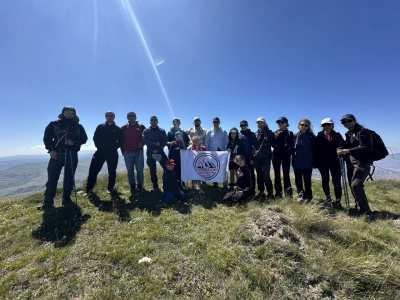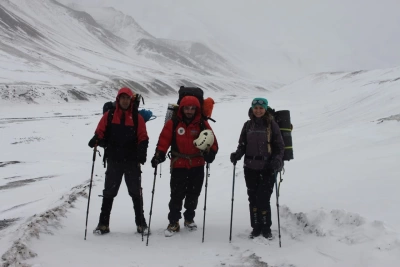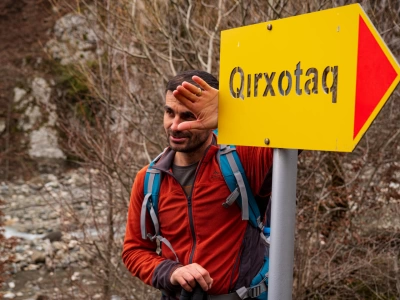Hiking is a great opportunity to explore nature, enjoy adventures, and gain new experiences. The following tips will both enhance your enjoyment and ensure your safety. Remember, these are not a substitute for professional training courses, but they help to build a solid foundation.
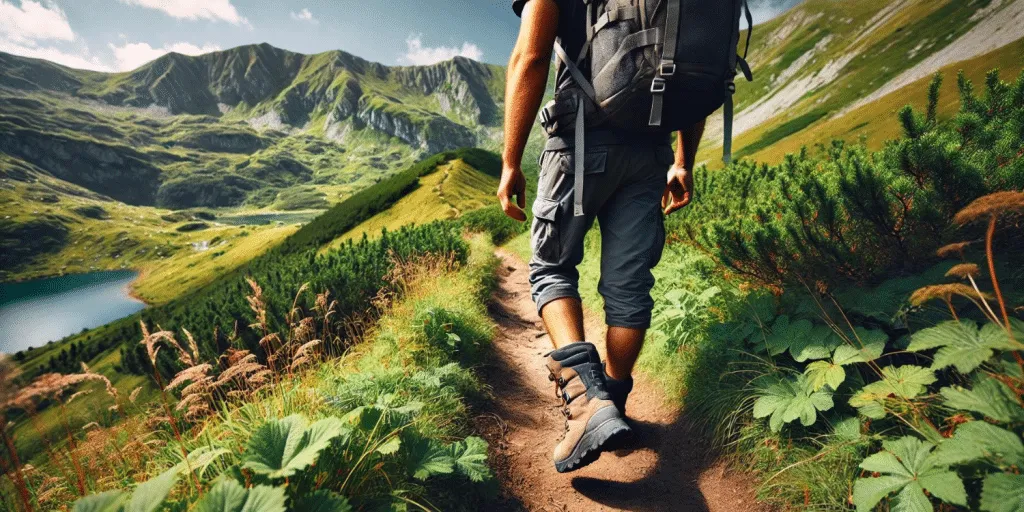
1. Be Fit and Healthy
Mountain hiking is a sport that requires endurance. Know your cardiovascular health and physical capacity. Move according to the group's pace and avoid exhaustion.
2. Plan Carefully
Research the route distance, elevation difference, and difficulty level in advance. Check the weather forecast – storms, snow, and cold weather increase risks. Plan alternative routes and note emergency numbers (Azerbaijan 112).
3. Choose Proper Equipment
Bring a lightweight and functional backpack. Carry clothing suitable for the weather, rain gear, and sun protection. Have a first aid kit and mobile phone with you.
4. Wear Suitable Footwear
Good hiking shoes support your feet and prevent slipping. Choose waterproof, lightweight shoes with good tread. Ankle support is especially important for long hikes.
5. Be Cautious
Most accidents happen on descents and steep sections. Fatigue and fast pace reduce concentration. Step carefully on rocky and uneven terrain and watch out for loose stones.
6. Stick to Marked Trails
Shortcuts are dangerous and increase the risk of getting lost. Avoid walking on steep snow fields. If you leave the trail, return to find your way back.
7. Take Regular Breaks
Food and drink breaks help maintain energy and focus. Bring light snacks like sugar-free drinks, dried fruits, bread, cheese, and nuts.
8. Pay Attention to Children
The main goal for children is to enjoy the experience. Focus on one child in dangerous areas and secure them with a rope in difficult terrain. Long and demanding hikes are not suitable for children.
9. Stay in Small Groups
Small groups are more flexible and easier to support each other. Inform someone about the route and estimated return time. Solo hikers should be extra cautious.
10. Respect Nature
Mountains are unique natural environments. Take your trash, avoid making noise, stay on trails, do not disturb wildlife, do not pick plants, and respect protected areas.
11. Be Cautious Around Wild Animals
Encounters with wild animals are possible in the mountains. Do not disturb them, feed them, or approach them. Stay calm, avoid sudden movements, and give animals the right of way. Do not separate from the group.
12. Prepare for Weather Changes
Bring extra clothing and equipment for sudden weather changes. Be ready for cold, rainy, or foggy conditions.
13. Use Water Sources Safely
Ensure the safety of drinking water. Boil or filter water from streams and springs before drinking.
14. Navigation Skills
Know how to use maps, compass, and GPS. Develop your orientation skills to avoid getting lost.
15. Emergency Plan
Prepare a group role division and emergency contact plan for accidents, injuries, or getting lost.

